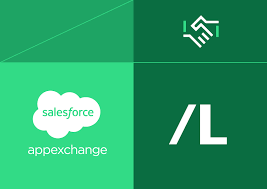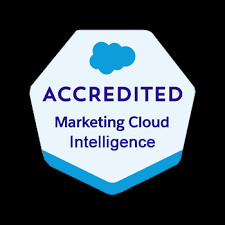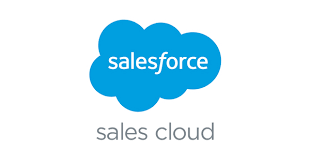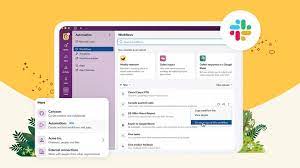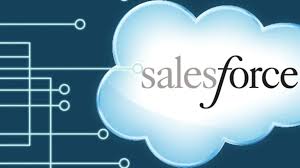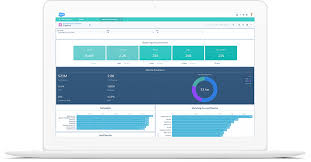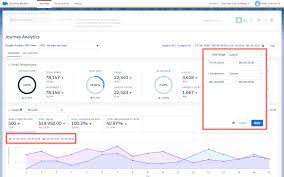Salesforce and LiveRamp Integration
Salesforce Marketing Cloud empowers you to maximize every customer interaction by providing tools to manage the customer journey across all channels. With Salesforce’s Customer Data Platform (CDP), you get a comprehensive view of each customer through unified profiles. This platform integrates data from the world’s #1 CRM, creating a single source of truth. Salesforce and LiveRamp Integration. Partnership with LiveRamp Salesforce Customer Data Platform users can leverage LiveRamp’s Distribution application to deliver their customer audiences to LiveRamp. This enables the orchestration of targeted, people-based advertising campaigns powered by RampID across 500+ publishers, including walled garden platforms. A walled garden platform, also known as a closed ecosystem or closed platform, is a software system that restricts access to content, applications, and media. The provider of the platform has complete control over what is shared, and users can only access what the provider allows. Walled gardens are often used in the marketing and tech industries, and can be used to improve cybersecurity by isolating users from external threats. Benefits for LiveRamp Customers: Key Features: Earlier this week, Dreamforce 2022 returned to San Francisco, where Salesforce introduced its new real-time data platform, Genie. LiveRamp was highlighted as a key partner in Genie’s launch, playing a crucial role in delivering highly personalized customer experiences by enriching and activating data across the advertising ecosystem. Salesforce users can now access LiveRamp technology through the LiveRamp Distribution App, available on the AppExchange. Marketers utilize platforms like Genie as their single source of truth to drive personalization. LiveRamp Distribution equips Salesforce customers with tools to build more accurate audiences powered by RampID, a people-based identifier. This integration allows direct access to over 500 platforms and partners for activation, enabling impactful, personalized, and relevant marketing programs across the ecosystem. All activations through LiveRamp ensure privacy by avoiding the sharing of hashed or raw directly identifiable personal data with any activation platform. “Customer data platforms are transforming the advertising ecosystem to be more customer-first. By providing a single, real-time view of the customer and centralizing customer knowledge, Salesforce Genie delivers unparalleled consistency and effectiveness across all customer touchpoints throughout the media ecosystem,” said Travis Clinger, SVP of Activations and Addressability, LiveRamp. According to Salesforce’s Fifth Edition of the State of the Connected Consumer report, 62% of respondents expect companies to anticipate their needs. However, data fragmentation across the ecosystem hinders this personalized customer experience. Brands require advanced segmentation and activation capabilities to successfully engage customers with the right message at the right moment on the right channel. Our partnership empowers marketers to take more control over their data, offering capabilities such as: Supporting CDPs with Activation To remain competitive and grow, businesses must find innovative ways to engage their customers and deliver personalized, relevant messages through preferred channels. The powerful combination of platforms like Genie and LiveRamp enables the transformation of personalized experiences and enhances the reach and accuracy of marketing programs while respecting consumer privacy. Like Related Posts Salesforce OEM AppExchange Expanding its reach beyond CRM, Salesforce.com has launched a new service called AppExchange OEM Edition, aimed at non-CRM service providers. Read more The Salesforce Story In Marc Benioff’s own words How did salesforce.com grow from a start up in a rented apartment into the world’s Read more Salesforce Jigsaw Salesforce.com, a prominent figure in cloud computing, has finalized a deal to acquire Jigsaw, a wiki-style business contact database, for Read more Health Cloud Brings Healthcare Transformation Following swiftly after last week’s successful launch of Financial Services Cloud, Salesforce has announced the second installment in its series Read more

